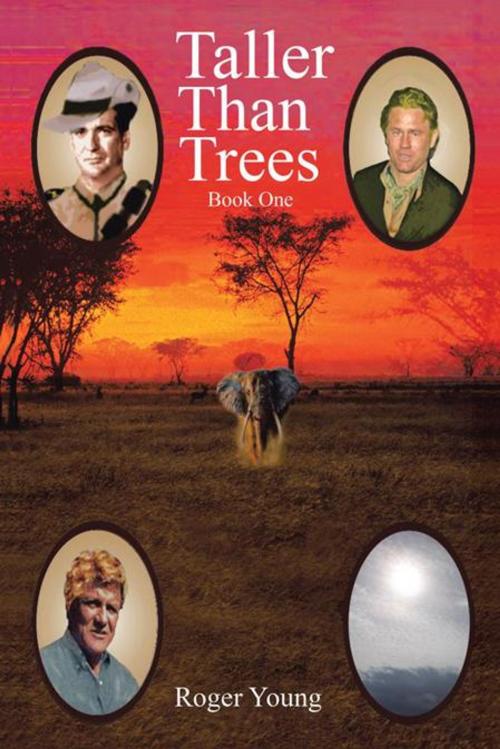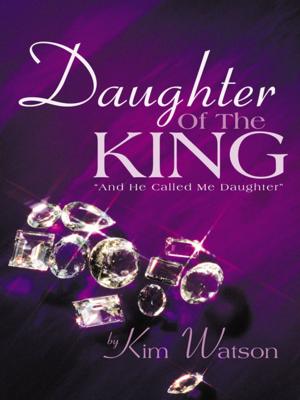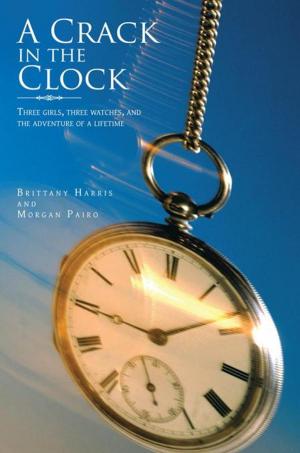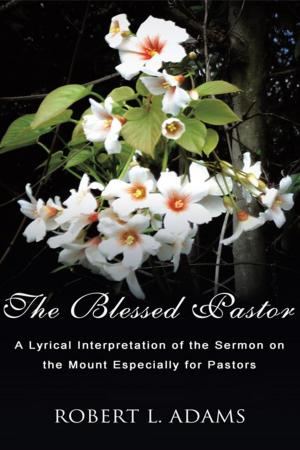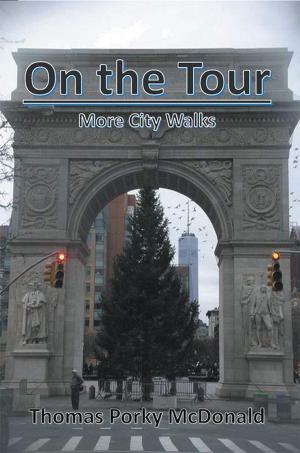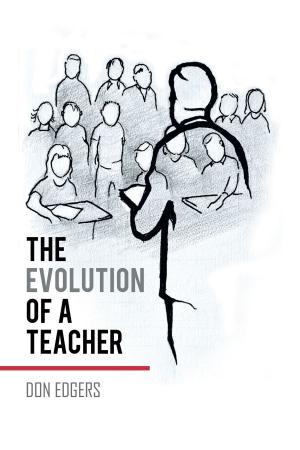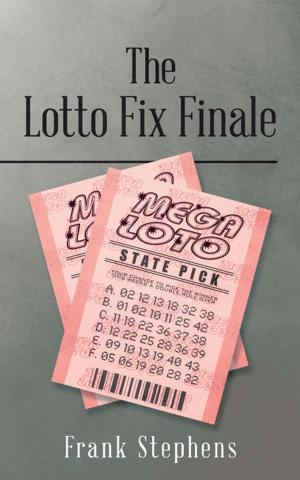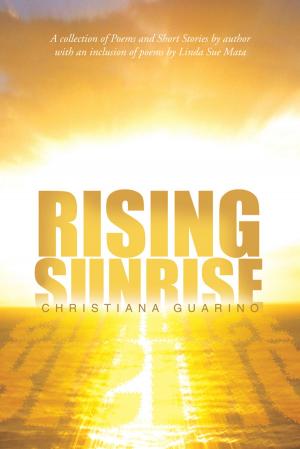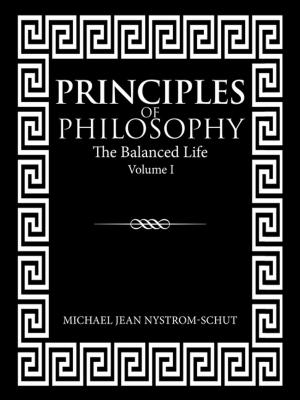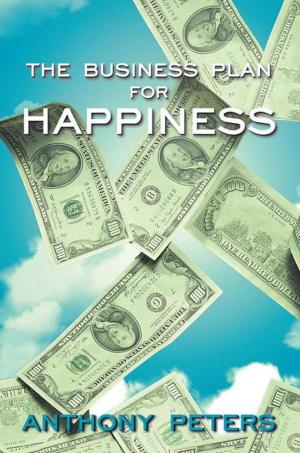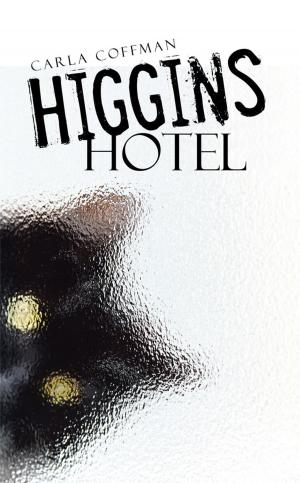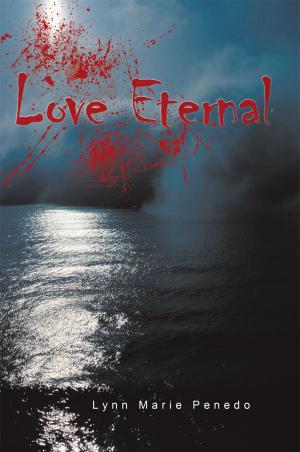| Author: | Roger Young | ISBN: | 9781477286548 |
| Publisher: | AuthorHouse | Publication: | December 18, 2012 |
| Imprint: | AuthorHouse | Language: | English |
| Author: | Roger Young |
| ISBN: | 9781477286548 |
| Publisher: | AuthorHouse |
| Publication: | December 18, 2012 |
| Imprint: | AuthorHouse |
| Language: | English |
Southern Rhodesia, Central Africa: March, 1914. A trooper of police, sent to contain a lawless settlement near Bulawayo, the countrys largest city, told on his arrival there that all the violence was caused by government restrictions (not true) took them at their word and made a single, simple rule, No one may initiate the use of force, including me simple, because to him it was no more than a policemans job. Common Law would be upheld, he said (robbery, rape, fraud etc.): Statute Law (restrictions) wouldnt. If they obeyed it, so would he: that was the deal, and his grim reputation needed only to be tested once. After this he withdrew and let them all get on with their affairs. He was thought to be from the American Far West; and his rule being based upon a moral principle, initiating force is wrong, which cant be circumvented by the Law, police, politics, or even at the will of a majority, with taxes and legislation set aside and everything done willy-nilly by agreement, not by vote, sure enough and right away Queenstown became like one in the American Far West: a free society. But with this difference: no force eliminated anything to do with government. Question: But how can a society exist, let alone succeed, without a government? Answer: This is what the book is all about.
Southern Rhodesia, Central Africa: March, 1914. A trooper of police, sent to contain a lawless settlement near Bulawayo, the countrys largest city, told on his arrival there that all the violence was caused by government restrictions (not true) took them at their word and made a single, simple rule, No one may initiate the use of force, including me simple, because to him it was no more than a policemans job. Common Law would be upheld, he said (robbery, rape, fraud etc.): Statute Law (restrictions) wouldnt. If they obeyed it, so would he: that was the deal, and his grim reputation needed only to be tested once. After this he withdrew and let them all get on with their affairs. He was thought to be from the American Far West; and his rule being based upon a moral principle, initiating force is wrong, which cant be circumvented by the Law, police, politics, or even at the will of a majority, with taxes and legislation set aside and everything done willy-nilly by agreement, not by vote, sure enough and right away Queenstown became like one in the American Far West: a free society. But with this difference: no force eliminated anything to do with government. Question: But how can a society exist, let alone succeed, without a government? Answer: This is what the book is all about.
